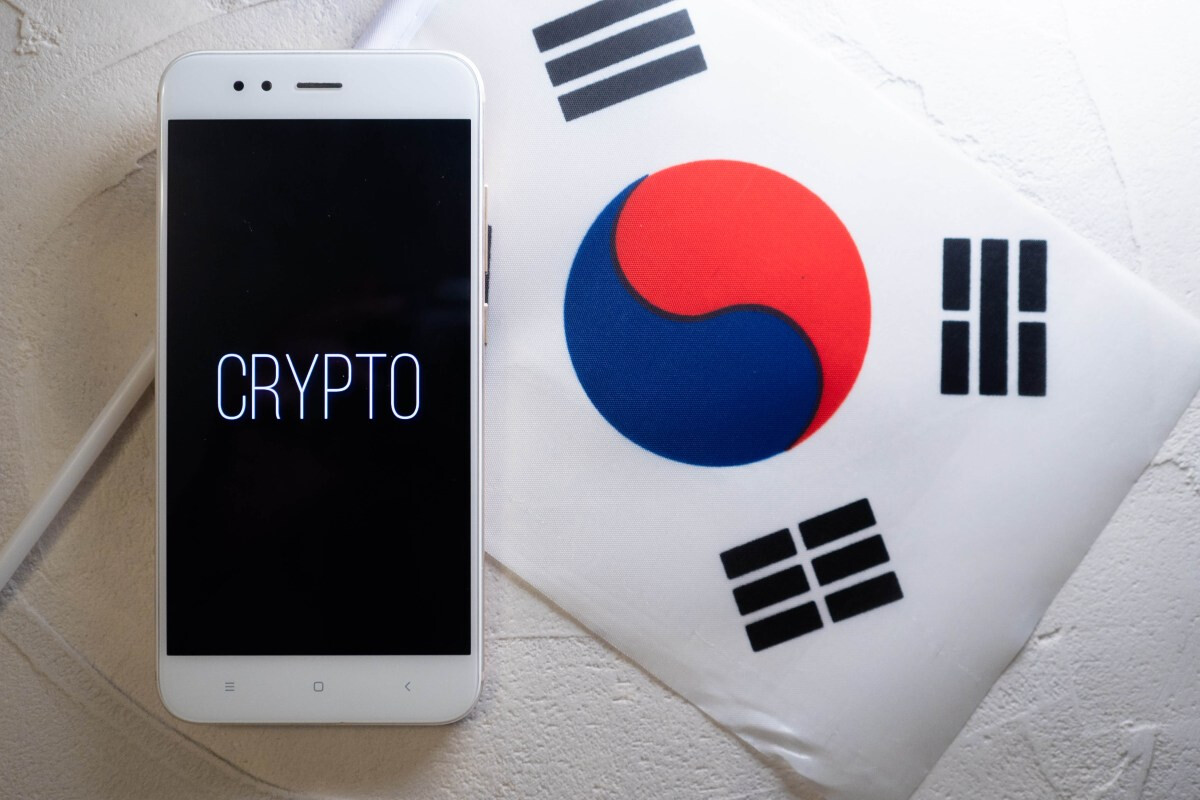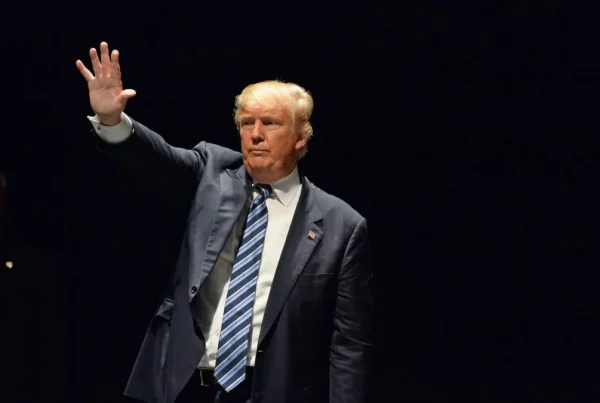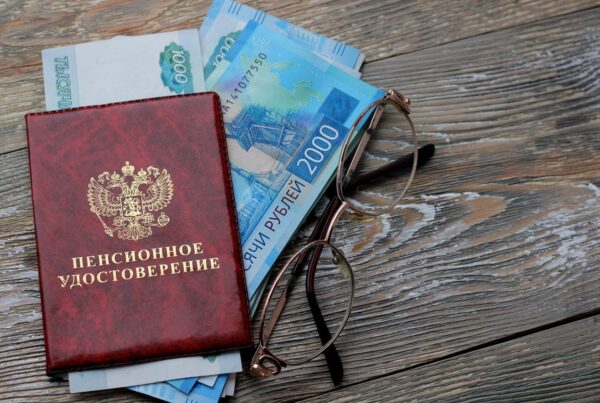From September, South Korean crypto exchanges must uphold a reserve fund minimum of 3 billion won (around $2.3 million) in specific bank accounts to reinforce user security against potential incidents like system breaches or glitches.
Prominent exchanges such as Bithumb and Upbit are already poised to comply with the standards set by the Korea Federation of Banks.
These “Virtual Asset Real-Name Account Operation Guidelines” dictate that exchanges must allocate either 3 billion won or 30% of their daily average deposits, based on whichever value is greater, to address any potential financial liabilities stemming from risk occurrences. The reserve’s maximum limit stands at 20 billion won ($15 million).
Broad Cryptocurrency Regulations Enacted in South Korea
The introduction of these regulatory guidelines follows the South Korean government’s enactment of a comprehensive crypto-centric legislative package of 19 bills.
This legislative framework entrusts the Financial Services Commission and the Bank of Korea with regulatory oversight of crypto service providers and vault managers. It further entitles the authorities to intervene in unfair trading activities within the crypto domain.
Besides the reserve mandates, the regulations are also fortifying Know Your Customer (KYC) norms and refining fund transfer guidelines. The execution of these rules, excluding the reserve stipulation, is projected for January 2024.
Challenges for Smaller Exchanges
While heavyweight platforms like Upbit can easily uphold the requisite reserve amounting to 30% of their daily deposit requirement, smaller coin-based platforms are finding it challenging to meet these criteria. Their struggles stem from limited capital and reduced trading activities, a repercussion of earlier regulatory shifts.
To further bolster its crypto regulatory framework, South Korea has formed a specialized unit dedicated to investigating cryptocurrency-linked illegal activities and safeguarding investors.
These regulations are anchored by the Virtual Asset User Protection Act passed this June, aiming to ensure the safety and protection of digital asset traders and enthusiasts in South Korea.






